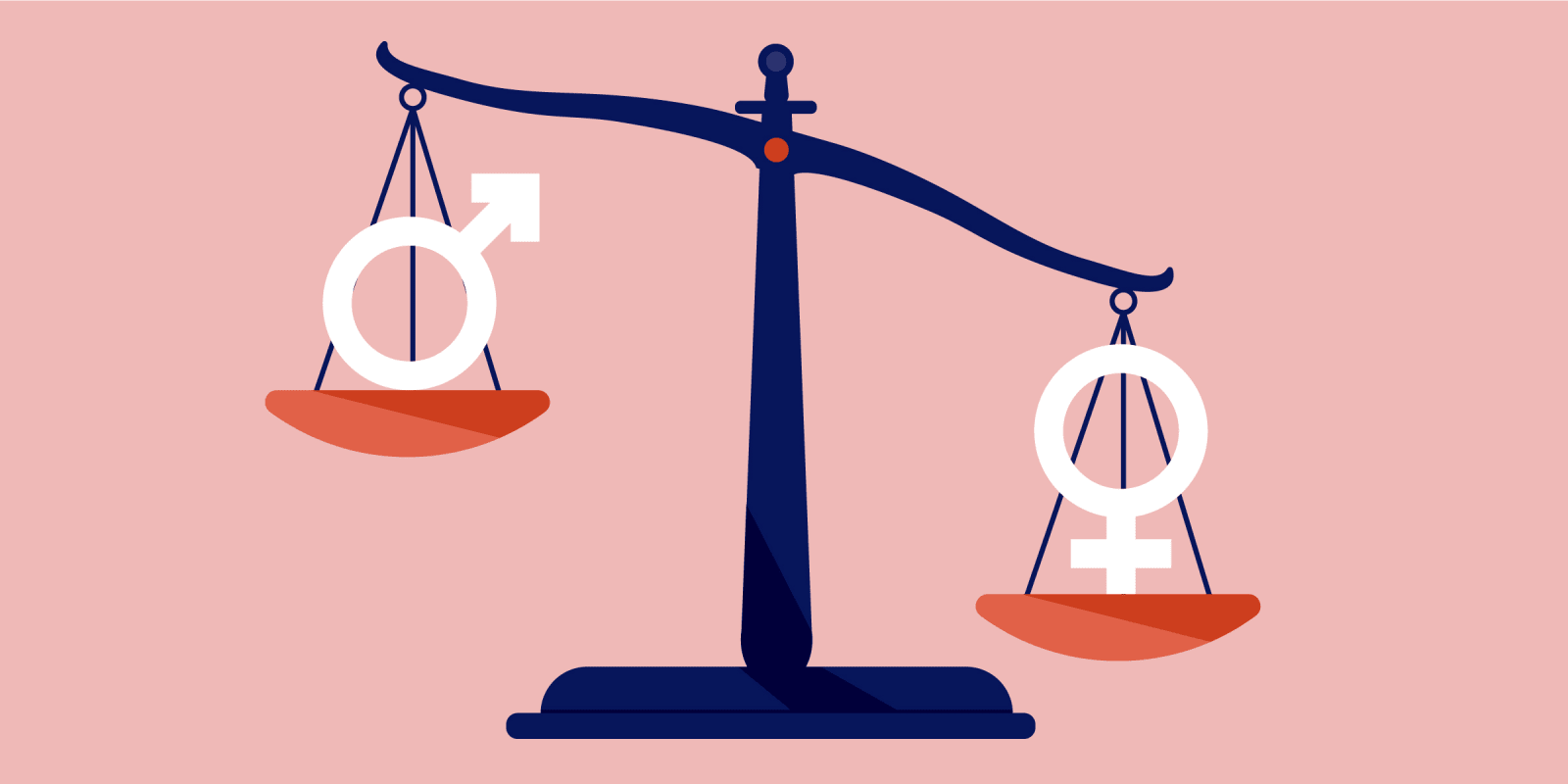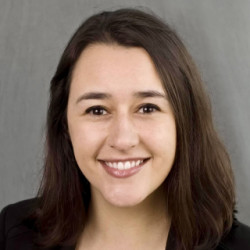Choosing a medical specialty is one of the most important decisions you must make in your four years of medical school. Although some students may have an idea of what they want to specialize in before entering medical school, most students either are unsure of what specialty they want to pursue or change their mind throughout the four years. Because of this, clinical rotations are immensely powerful not only for learning how to operate in a clinical setting but also in helping students determine which field they want to go into.
According to the 2021 AAMC report on residents, ob/gyn is the most lopsided medical specialty with respect to gender. Compared to just 14.7% men, 85.3% of current ob/gyn residents are women. This gender difference is even higher than it previously was just three years prior. According to the 2018 AAMC reports on residents, 82.9% of ob/gyn residents were women, compared to 17.1% men. This upward trend has been ongoing for many years. The last time ob/gyn residents were roughly 50% men and 50% women was in the early 1990s.
Some of the other medical specialties that have the largest difference between residents who are men and women behind ob/gyn are orthopaedic surgery, pediatrics, and urology. Despite these fields favoring one gender over the other, they have become more balanced or stayed the same within the last three years — unlike ob/gyn, which has continued to sway in favor of one gender. Women in orthopaedic surgery residencies increased from 15.4% in 2018 to 17% in 2021. Men in pediatrics residencies stayed similar from 27.7% in 2018 to 27.3% in 2021. Women in urology residencies increased from 25.5% in 2018 to 28.5% in 2021.
Why is there such a stark difference between men and women pursuing ob/gyn, and why is this difference continuing to become more unbalanced as the years go on? Is it the medicine, is it bias, or is it stigma?
Well, while it is likely multifactorial, one major influencing factor is students’ experiences during their ob/gyn rotation. It has been well documented and studied that on average, students who are men observe and perform fewer deliveries and procedures than women during their rotation. Furthermore, men are significantly more likely to report that their gender negatively affected their experience during their rotation. Some studies have even found that men often feel left out during their rotation and feel as though their precepting physicians are not teaching them as much as they are teaching their colleagues who are women.
I remember the first week of my ob/gyn rotation and being both very excited and very nervous. My first day was set to be in an outpatient clinic that consisted of prenatal visits, postpartum follow-ups, and well-woman exams. The night before, I brushed up on my clinical skills and the most recent guidelines for routine prenatal testing and screenings for pap smears in anticipation. When the very first patient came to the clinic, I was ready.
When my preceptor and I walked from her office to the patient’s room, there was a sticky note on the door that said, “women only.” Although I anticipated this might happen, I did not realize how frequently it would. That day, because of my gender, I saw less than half of the patients that came to the clinic.
I never want to make a patient uncomfortable and always want to respect their decision; however, I couldn’t help but feel discouraged by this and like I did not belong.
As third-year medical students going through rotations right now, my classmates and I frequently get together and reflect on our experiences. Though our experiences differ based on our precepting physician and the hospital we rotate at, several of my classmates who are men have endorsed similar feelings of “not belonging” during their ob/gyn rotation.
A positive or negative experience during a medical school rotation has a profound impact on a student’s consideration of pursuing that medical specialty. Precepting physicians must advocate for their students and teach all races, genders, and backgrounds with the same attitude and without bias. Diversity in any field is a good thing. The differences in perspectives, experiences, and attitudes add immensely to the work atmosphere.
Although a student’s rotation experience is only one factor of many that influences their decision to pursue a specialty, it serves as an important introduction to the world of that field. Encouraging men while they are on their ob/gyn rotation can inspire them to pursue ob/gyn as their specialty, ignite their passion for women’s health, and ultimately reduce the gender disparity and bring new perspectives to this amazing field.
What changes can be made to encourage more men to choose ob/gyn as their specialty? Share your thoughts in the comments.
Benjamin Jacobs is a third-year medical student at the Anne Burnett Marion School of Medicine at Texas Christian University in Fort Worth, Texas. Ben is applying to the 2024 OBGYN residency match and is passionate about women’s health, fertility, and patient advocacy.
Image by Overearth / Shutterstock







